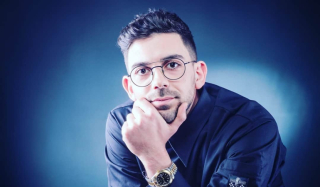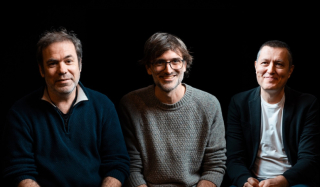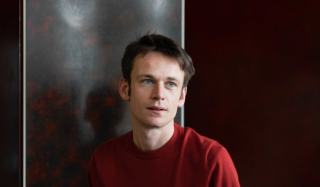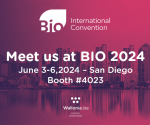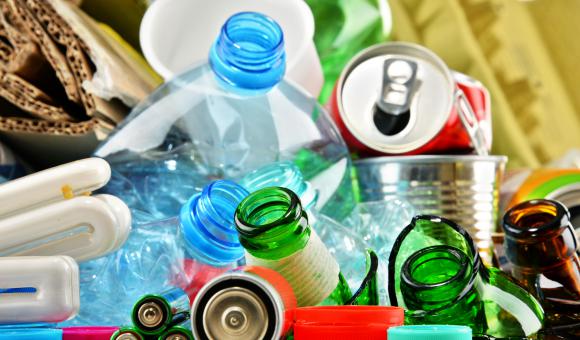
How to produce plastic without petrol? The University of Mons is trying to answer this question through the ALPO project, supported by Interreg France-Wallonia-Flanders.
Europe must respond to the environmental challenges it faces. Within this context, the use of renewable raw materials is becoming more widespread, especially in the plastics sector.
Indeed, these raw materials are increasingly being used to develop effective, biodegradable plastics without using petrol.
Starch- and maize-based plastics are already well-known. This time, however, fifteen researchers are working on a seaweed-based plastic. The ALPO project, at the University of Mons, has just received a grant from the European Interreg France-Wallonia-Flanders fund worth just under four million euros to develop its research.
More specifically, this project is aimed at developing bio-plastics using microalgae, a renewable, non-food raw material, through an interdisciplinary partnership of researchers (chemists, engineers and biologists) and institutions (IAR, Greenwin, POM, PCG, AQUIMER).
The new materials developed by the ALPO project will have strong potential for growth, especially in industrial activity sectors in the INTERREG zone (textiles, automotive and biomedical), in partnership with the competition poles.
The project started in October, and concrete results are expected within five years. This algae-based project is one of a dozen projects selected by the European Union and regional authorities to receive a total of 25 million euros in funding. UMons is actively taking part in these projects. Some of them are related to the transport and medical sectors, such as the prevention of cardiovascular diseases.

